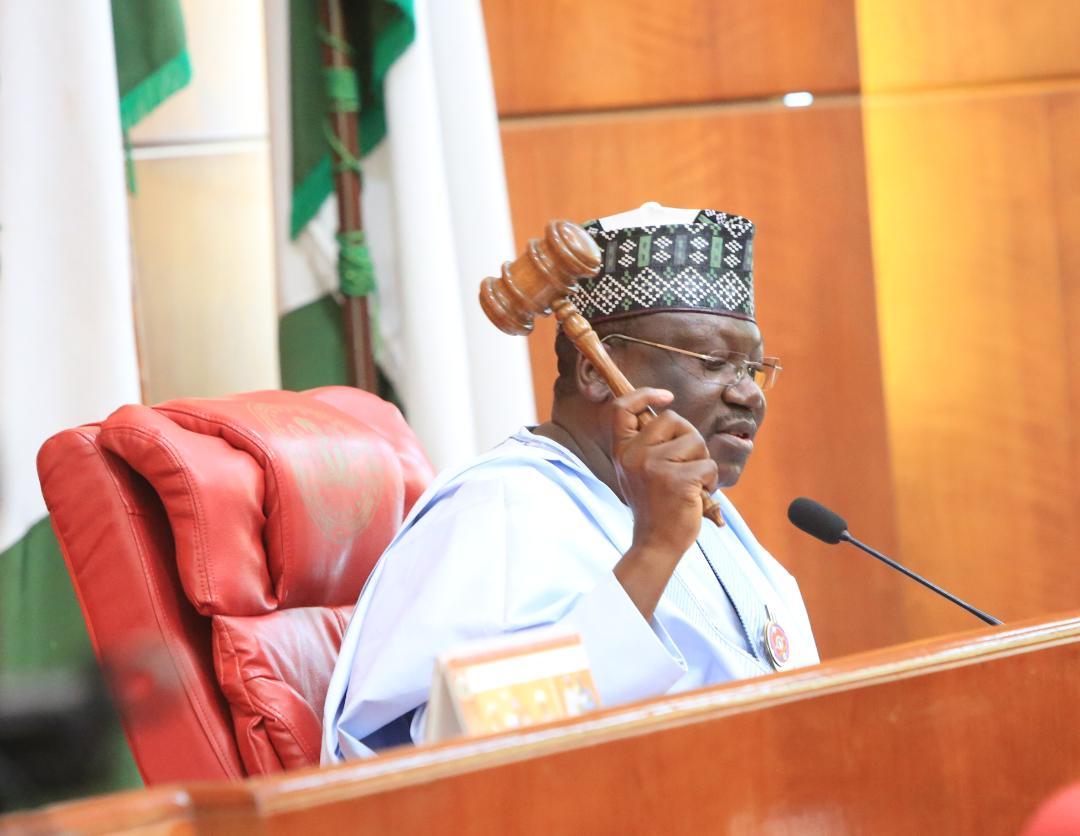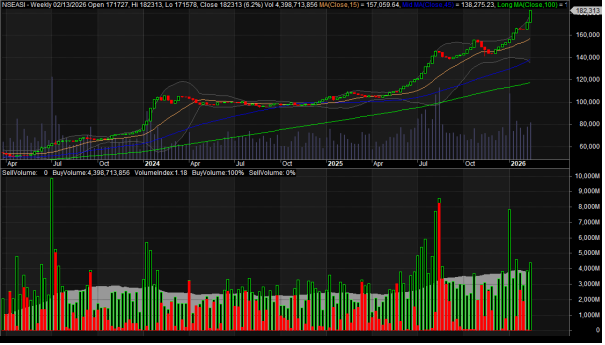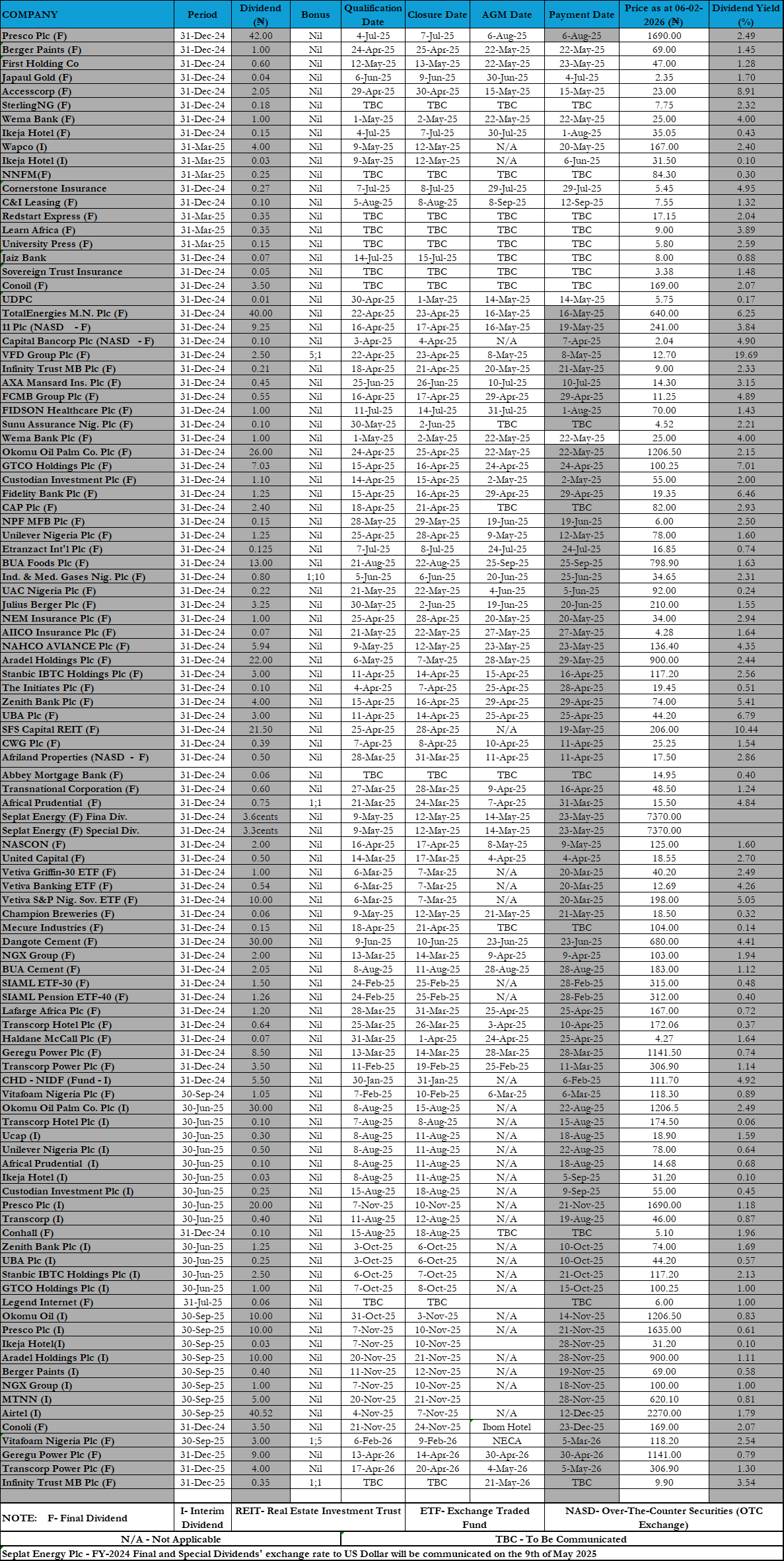
In a bid to ensure proper implementation of the 2020 Appropriation Bill, now under consideration, the Senate, on Thursday exhaustively debated two critical Bills for an Act to amend the National Council on Public Procurement and Bureau of Public Procurement Act No. 14 of 2007.
Both Bills which scaled second reading were sponsored by Senators Shuaibu Isa (PDP, Taraba North) and Uche Ekwunife (PDP, Anambra Central), respectively.
Senate President Ahmad Lawan said an amendment to the Public Procurement Act 2007 to addressed noted inadequacies which were largely responsible for the very low level of budget implementation recorded annually, will guarantee the successful implementation of the 2020 budget.
He assured that the National Assembly will expeditiously accelerate legislative work on the amendment of the Act so as to ensure it is passed and signed into law to compliment the 2020 budget.
A statement by Ezrel Tabiowo, Special Assistant (Press) to the President of the Senate, quoted Lawan as saying that “12 years down the line, we have seen the strengths and weaknesses of the Act. Certainly, the last twelve years have revealed the inadequacies and loopholes that are in the Act.
“When we pass the Appropriations Bill 2020 before the end of the year, and the implementation commences from January if this Act remains as it is today with unnecessary cumbersome processes of bidding, the time we would have gained from passing the budget will be lost in processing the budget for implementation.
“Just like we gave expeditious treatment to some of the bill passed recently, this is also important and significant because it will add value to the implementation of the 2020 Appropriations bill and so many issues that were raised about the weaknesses in the Procurement Act.”
Earlier, sponsor of the first bill up for amendment, Senator Shuaibu Lau, said: “the Public Procurement Act, 2007, which was signed into law on June 4, 2007, is currently the root cause of most of the corruption in public procurement in Nigeria.”
He said the proposed bill seeks to remedy these anomalies by amending 57 sub-sections and introducing 88 new sub-sections to the existing Act, adding that a proposed additional amendment of Section 1 of the Act is being introduced to prescribe those eligible to be appointed by the President into the position of the Chairman of the National Council of Public Procurement.
The bill proposes “a former President, or Retired Chief Justice of the Federation,” as an appointee eligible for consideration as Chairman of the National Council of Public Procurement.
The bill also proposed that membership of the committee must include the Minister of Finance, Budget and National Planning, the Attorney-General of the Federation and Secretary to the Government of the Federation.
The bill, among others, seeks to provide the term of office and removal from office for members of the council, which are not provided for in the existing Act.
Senator George Thompson Sekibo (PDP, Rivers East), while contributing to the debate said the Public Procurement Bill should be amended to make it compulsory for the Federal Government not to award contracts where funding is not readily available.
The Deputy Whip, Senator Aliyu Sabi Abdullahi (APC, Niger North) called on the upper chamber to accommodate the interest of Small and Medium Enterprises (SMEs) in the procurement processes.
According to him, an amendment to the Procurement Bill should include provisions to make it mandatory for the patronage of locally produced goods and services.
The lawmaker, who described the consideration of the bill as “timely”, called on the Senate “to fast-track it, so that the 2020 Appropriations bill when passed by the National Assembly, will be complemented by a brand new amended Procurement Act.”
Senator Emmanuel Bwacha, the Deputy Minority Leader, while lending his voice to the debate on the bill, said the purpose behind the introduction of the Act in 2007 was primarily to address the issues associated with corruption in procurement processes.
He, however, said the objectives behind the bill had overtime been defeated because of the workings of government bureaucracies that encourage continuous sabotage.
Bwacha, therefore, called for the inclusion of clauses in the Public Procurement Act under the amendment to ensure that bureaucrats are prevented from sabotaging the fight against corruption.
“There are things done deliberately by bureaucrats to steal public funds; oftentimes, they have justifiable reasons to give to allow them to divert public funds”, he said.
Another lawmaker, Senator Bassey Akpan (PDP, Akwa-Ibom North-East), commended the leadership of the upper chamber under Senate President Ahmad Lawan for considering to amend the Public Procurement Act.
According to him, the amendment was yet another milestone that re-echoes the commitment of the Senate towards the realization of good governance in Nigeria.
Akpan added that an amendment of the Act would ensure the effective implementation of the 2020 budget, particularly against the backdrop of the new budget timeline beginning in January next year.
“If we (National Assembly) are able to achieve the January-December budget timeline, what is needed to drive the budget is the amendment of the Procurement Act”, the lawmaker stressed.
Akpan, who noted that the amendment of the Act should include adding value to Small and Medium Enterprises (SMEs) in Nigeria, added that the issue on Contract Splitting is an important aspect that must not be overlooked so as to add value to the procurement process.
Senator Olamilekan Adeola (APC, Lagos West), said as Nigeria continues its quest for revenue sourcing, the country must put in place measures to streamline the application of all revenues generated.
According to the lawmaker, only an amendment to the Procurement Act can make this realizable.
The Senate President, thereafter, referred to the Public Procurement Act 2007 (Amendment) Bill to the Senate Committee on Public Procurement for further legislative work.












